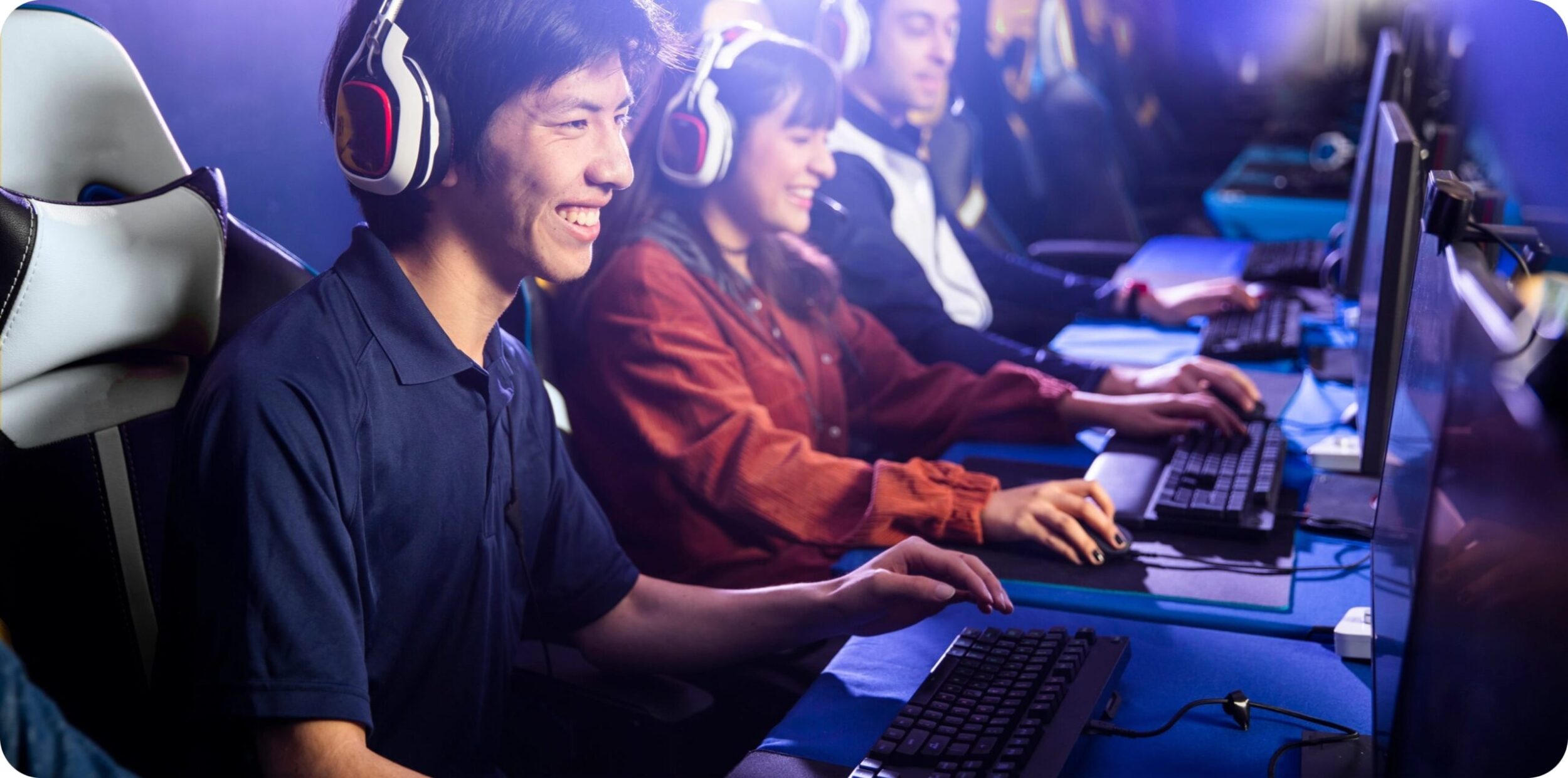Competitions
From spelling bees to cook-offs, K12 offers a wide range of competitions that help students develop perseverance, empathy, and teamwork skills in a fun and safe environment.
Find a school that works for you! Transfer today and get the support you need.
Virtual learning, real-life connections
See how students make connections, explore interests, and pursue passions online and in person with exciting clubs, events, and activities.

Socialization is vital to the learning experience. That’s why K12 students have access to a wide range of clubs and social activities, allowing them to make friends, develop social skills, and enjoy experiences that enhance the educational journey. Online and in-person extracurricular activities and programs vary by school, and some may have an associated cost to participants.
From art and music to sports and entrepreneurship, K12 students explore their interests while making friends through national or local activities.
K12 learners can connect, grow, and showcase their diverse skills through exciting activities with other students across the country, including competitions, enrichment programs, and leadership opportunities.
From spelling bees to cook-offs, K12 offers a wide range of competitions that help students develop perseverance, empathy, and teamwork skills in a fun and safe environment.


School-aged students can participate in competitions regardless of their K12 attendance – allowing K12 learners the chance to meet kids from different schools across the country.
The Career and College Prep Student Advisory Council is a select group of K12-powered students from all over the country who serve as Career Prep ambassadors and peer advisors.


This paid internship opportunity offers students a rewarding opportunity to encourage, empower, and elevate their peers throughout the K12 journey.
Students of all ages can connect with and learn from professionals in their dream industry.


Our Career and College Prep programs are designed to help students enhance their resumes, prepare applications for college and scholarships, and build essential real-world skills. We prepare students for success in a variety of industries — from engineering to entrepreneurship, photography to physics, and beyond.
Along with the ability to join in national activities, students can participate in activities in their K12 school to connect with peers and teachers.
Inclusive support clubs provide a nurturing environment for K12 students to connect, bond, and build lasting friendships outside of the classroom.


These clubs offer a space where students can come together, find support, and enjoy meaningful experiences that foster a sense of belonging and community.
Whether your child is a creative kindergartner, career-focused high schooler, or anything in between, K12 has many exciting clubs for them to explore.


We encourage students to pursue their passions — whether that’s art, theater, business, coding, LEGO® building, or something else.
Just like their peers at traditional schools, K12 students partake in plenty of memorable education milestones.


From prom and graduation ceremonies to special performances and recitals, K12 students celebrate their accomplishments and showcase their success alongside friends and loved ones.
Alongside required courses, K12 students also get to choose from a wide selection of elective courses such as technology, world languages, and art.
EXPAND FUTURE SUCCESS
STEM elective classes help K12 students develop practical skills that will prepare them for fulfilling careers in science, math, engineering, and technology.
Through hands-on activities, interactive projects, and immersive learning, students explore foundational STEM concepts in a fun and dynamic way.
Hear from K12-powered students and discover stories of personal growth, academic achievement, and the transformative impact of personalized learning with K12.
ONLINE SCHOOL IS SOCIAL
Learning with K12 may happen virtually, but that doesn’t mean students miss out on the social aspects of school. Hear how learners stay connected — online and in person.
Get and stay up to speed with dynamic learning solutions that support teachers and learners in a fast-changing environment.
It’s easy to reach out, chat, and even check out a demo of how K12 can work for you.